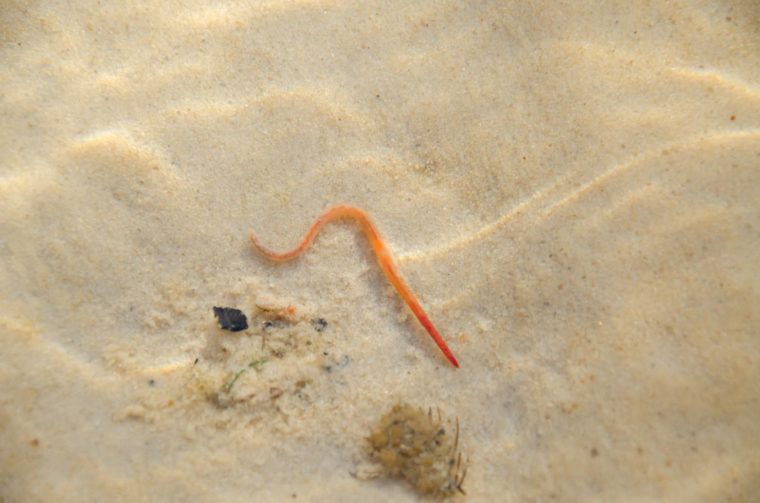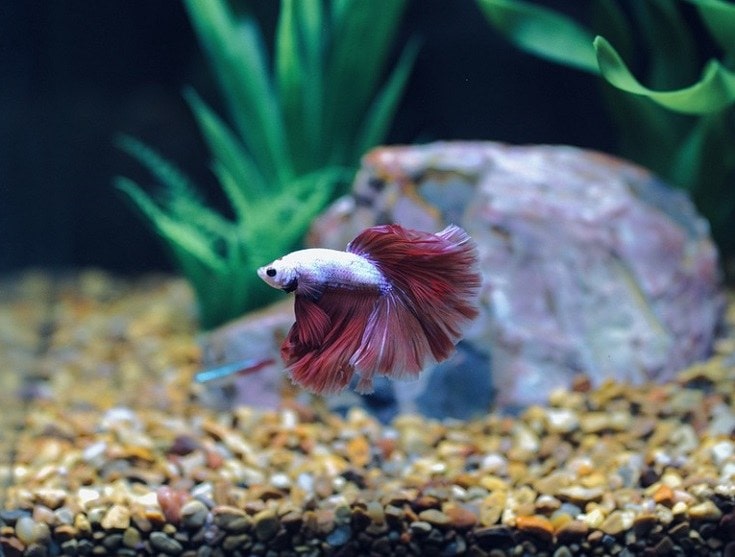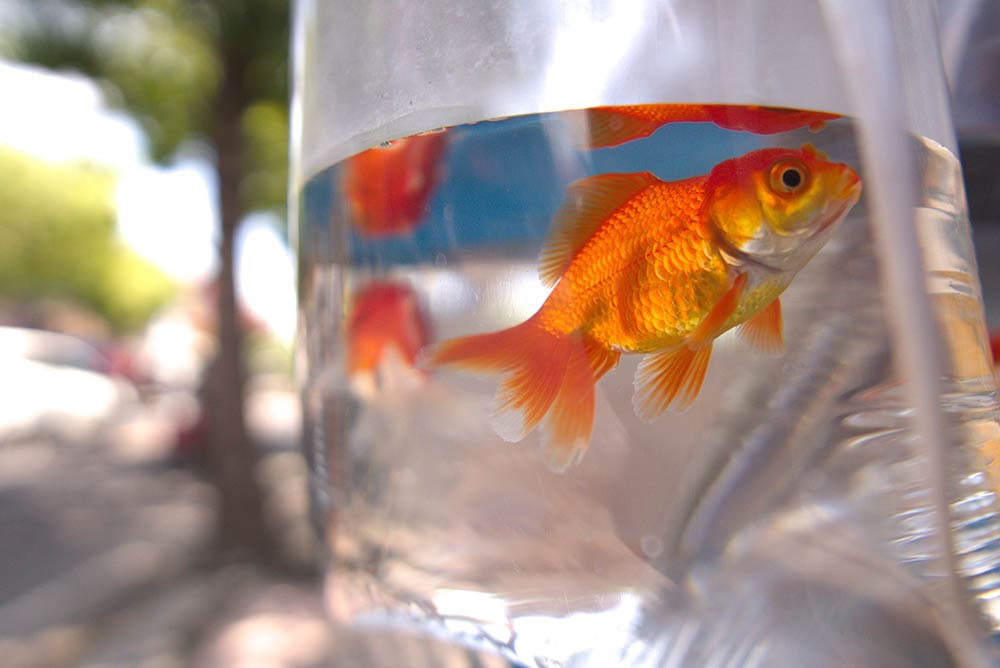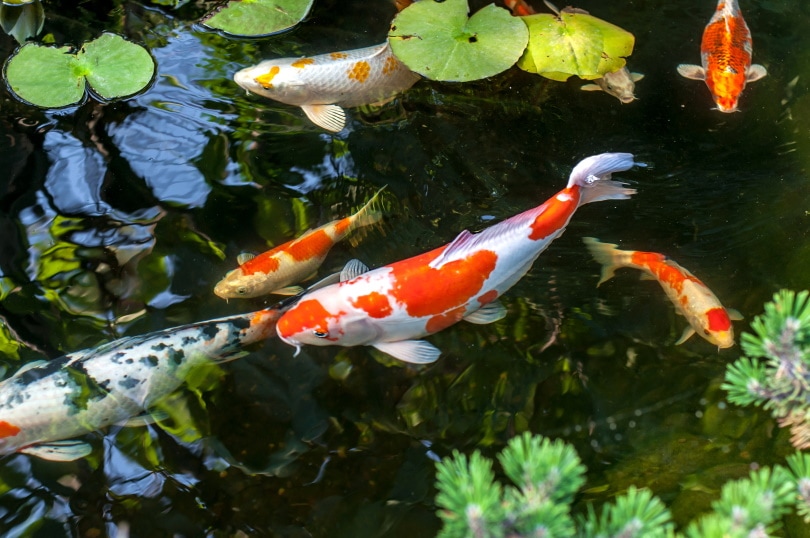
Detritus worms can be a sign of a healthy tank, and they don’t pose a threat to the inhabitants of your tank, but they can be unsightly and may indicate bad tank care habits on your part. Many people who spot detritus worms in their tank want to get rid of them because of their creepy-crawliness, but getting rid of them can be extremely difficult. Here’s what you need to know about getting rid of detritus worms.
How to Get Rid of Detritus Worms
The best way to get rid of detritus worms is to prevent them from taking over in the first place. As long as excess food is in your tank, detritus worms will reproduce readily. If you are overfeeding your tank, the excess food could be creating a perfect environment for these worms to take over. Overfeeding poses a serious risk to the water quality in your tank, as well as to your tank’s nitrogen cycle, which may not be able to keep up with the waste created by your fish and excess food. The easiest way to make detritus worms far less visible in your tank is to cut back on how much and often you’re feeding your tank.
The other way to get rid of detritus worms is to deeply clean your tank’s substrate. Keep in mind that some of your beneficial bacteria live in the substrate, so it’s not advisable to do this very often, but if detritus worms are taking over, then a deep vacuuming of the substrate will help remove the worms and excess food and waste. Simply use your gravel vacuum to thoroughly vacuum the substrate, removing all visible waste and worms, then replace the removed water with clean, dechlorinated water.
What are Detritus Worms?
As their name implies, detritus worms feed on detritus, which is waste in the tank. This can be plant material, excess food, fish waste, deceased tank inhabitants, and other organic materials. Detritus worms will not injure or eat live plants or tank inhabitants, so they are not a risk to your fish, invertebrates, or plants.
In fact, they can be a sign of a healthy tank ecosystem because they are the natural cleaners of the substrate. They help to break down excess waste in the tank, making things easier on your tank’s cycle and helping to prevent ammonia spikes from waste breakdown.
Why Am I Seeing Detritus Worms?
In most cases, you won’t see the detritus worms in your tank, although you almost certainly have them if your tank is established. This is because, under normal circumstances, they spend most of their time in the substrate. However, in low oxygen environments, you may see the detritus worms wiggling up from the substrate in an effort to get more oxygen. You may also see them if there is a significant amount of organic waste in your tank, providing them plenty of food to eat and encouraging further reproduction.
Detritus worms are very thin, white worms. They should not be confused with rhabdocoela worms, which have short, thick bodies and are often spotted on the glass, but also pose no threat to your tank life. Other types of worms you may see in your tank that are cause for concern are planaria, which are not a threat to fish but can kill invertebrates like shrimp and snails.
Conclusion
Detritus worms are not a threat to your tank, but they can be a good gauge of the health of your tank. Their presence doesn’t indicate a problem, but their extreme visibility can indicate that your tank is not properly oxygenated or that there is an excess of waste in the tank. Visible detritus worms are a good indication that you need to feed less, clean the tank better, and check your water parameters to ensure everything is in line.
Featured Image Credit; Arthur_Shevtsov, Shutterstock








